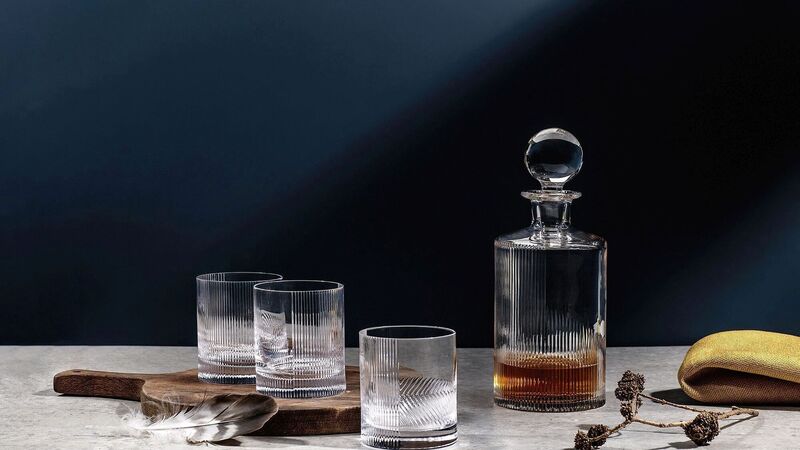Tariffs and checks threaten all-island whiskey sector

Blended Irish whiskey faces heavy tarrfis if the Rules of Origin are not reformed. File Picture.
The Irish Government has been called upon to “champion” the reform of the EU Rules of Origin so that Ireland’s all-island drinks industry can be protected under the Northern Ireland (NI) protocol.
The calls were made by William Lavelle, head of the Irish Whiskey Association who was speaking during a Seanad Special Select Committee meeting on the Impact of Brexit on the Food and Drinks sector and the Impact of EU Rules of Origin on Trade, yesterday.










